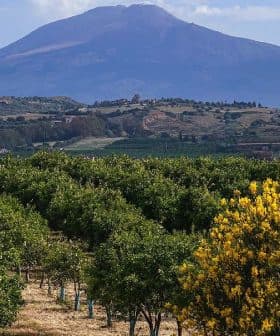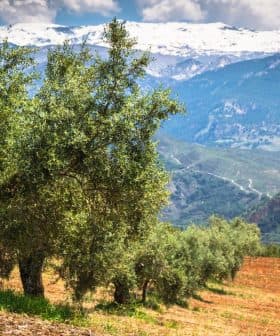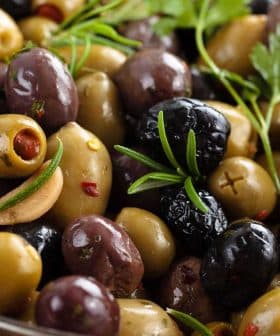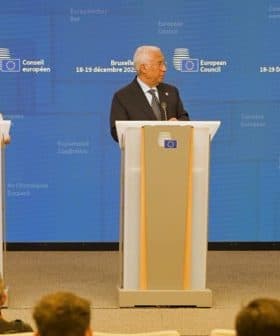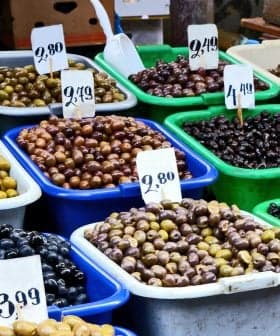How Awards Helped One Tunisian Producer Thrive in the Lucrative U.S. Market
The NYIOOC award-winning producer behind Massiva combines generations of olive oil production experience with adept marketing.
 Naouel Bouabid
Naouel Bouabid Naouel Bouabid, owner of Massiva in Tunisia, won two awards at the 2023 NYIOOC World Olive Oil Competition, improving her company’s credibility and brand visibility. Bouabid’s success is attributed to hard work, authenticity, and a focus on high-quality, healthy products, despite challenges in a competitive market with obstacles like pests and drought affecting production.
Winning the industry’s most coveted quality awards provides a range of benefits for producers, from validating cultivation and production techniques to improving brand visibility in a crowded marketplace.
For Naouel Bouabid, the owner of the Tunisian producer Massiva, winning two awards at the 2023 NYIOOC World Olive Oil Competition for the second year running was no exception.
I have a solid, experienced production team in Tunisia. We pursue a common result and have a common goal: high-quality extra virgin olive oil, healthy farms and happy people.
Bouabid and her team earned a Gold Award for their organic medium-intensity Chemlali and Silver Award for their organic medium-intensity Chetoui, both bottled under the Damya brand.
She told Olive Oil Times that these awards had improved her company’s credibility with consumers, retailers and distributors. “It also rewards the dedication of our hardworking team for producing high-quality products,” she said.
See Also:Producer ProfilesWhen Bouabid moved to the United States six years ago, it dawned on her how much she missed fresh extra virgin olive oil from her family’s olive groves in Tunisia. She said her family has multigenerational expertise in olive oil production and the industry.
This longing prompted her to start Massiva, to bring Tunisian extra virgin olive oil to the U.S. and share it with her local community in the San Francisco Bay area.
“In 2020, I presented the first Damya extra virgin olive oil to my neighborhood stores,” Bouabid said. “They instantly loved it and started selling it right away.”
“Kudos to Zanotto’s, Piazza’s, Bianchini’s and Draeger’s for taking a risk on an unknown producer,” she added. “Retailers and consumers liked our authentic products.”
Bouabid explained that each producer has unique goals and objectives, which makes it essential to understand their definition of success.
“There is no time for estimating or guessing,” she said. “In the early years of operation, intense communication is needed to ensure that everyone thinks with the same mindset, knows the goals and objectives and can identify the fundamental obstacles and weaknesses to be overcome.”
She said her team in Tunisia had to learn to understand the U.S. market requirements and challenges.
“I have a solid, experienced production team in Tunisia,” Bouabid said. “We pursue a common result and have a common goal: high-quality extra virgin olive oil, healthy farms and happy people.”
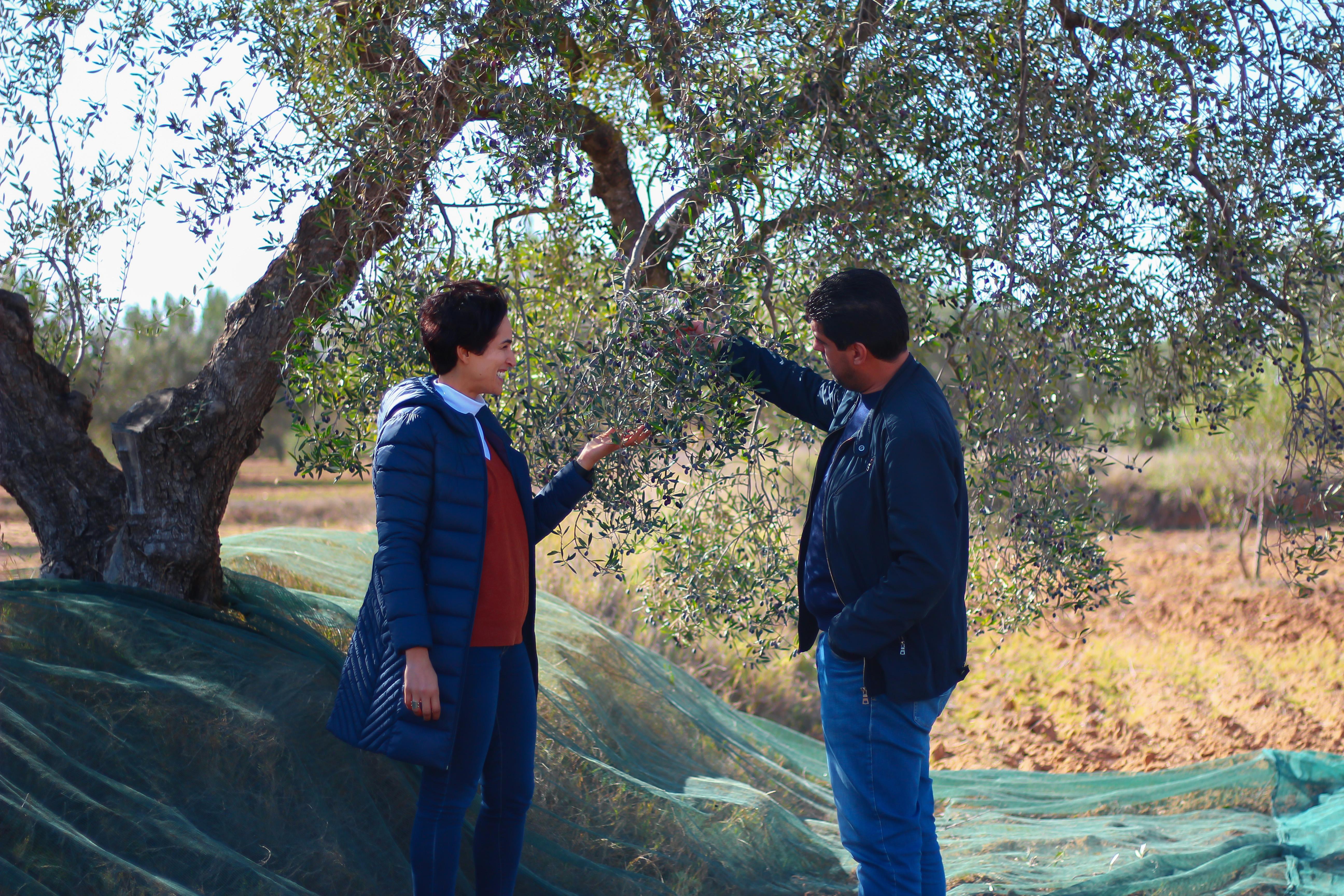
Bouabid attributes Massiva’s consistent quality to her experienced team of farmers and production staff.
“I have a great sales and marketing team in the U.S.,” she added. “Our team, across countries, is progressing well because each individual understands his role and impact on the success of Massiva.”
“The team wholeheartedly believes in the high-quality product we are providing and in our capacity to grow to become a leader in olive oil,” Bouabid continued. “Each teammate shares our common perspective, which improves the result every year.”
With the benefit of hindsight, Bouabid would have done a few things differently, including starting Massiva when she arrived in the U.S. and hiring more workers and seeking help from local experts sooner.
“The American market and food industry is specific and different from Europe or other places I used to work,” Bouabid said. “Working with experts in the U.S. market in the sales and marketing field is helping Massiva to progress faster and in the right direction.”
Bouabid attributed Massiva’s success to the company’s values: working hard, being authentic and transparent and creating a high-quality and healthy product.
She also listed caring about consumers, their farms, the company’s farmers and the environment as keys to Massiva’s success.
Even though quite a few retailers were quick to stock Bouabid’s products from the start, there have been obstacles along the way.
“It wasn’t easy,” she said. “There were many challenges, at all stages, to produce and market high-quality olive oil.”
Bouabid pointed out that the olive oil market is highly competitive, with plenty of choices in every store. She added that consumers are not well-educated on discerning the quality of olive oils and differentiating olive oil brands and products.
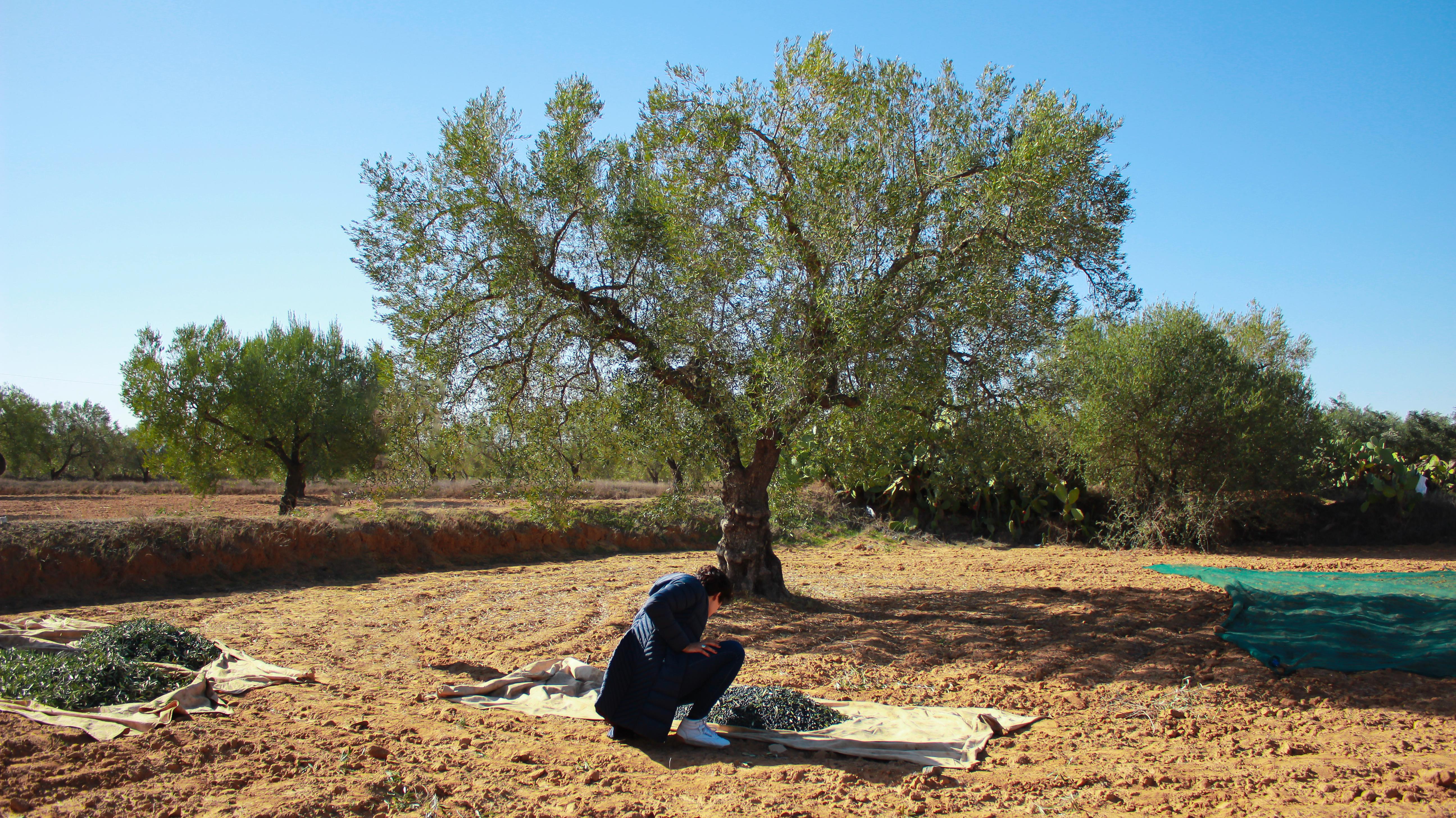
Organic olive oil costs more to produce than conventional oil. Still, Bouabid is betting that demand will continue to grow.
“Organic and biodynamic foods are often more expensive than conventional foods,” she said, “and some customers aren’t willing to pay a higher price for better quality.”
Regarding production, Bouabid said the company has had to contend with drought and other harvest challenges.
“One of the biggest challenges our organic farmers face is pests and disease,” she said. “Because organic farmers do not use synthetic pesticides or herbicides, they are much more vulnerable to damage from insects, fungi and other pests.”
She pointed out that biodynamic agriculture has additional challenges, such as low yield compared to conventional industrial farming.
“Biodynamic farming is still not very widespread and requires more support from the food industry,” she said. “Fortunately, retailers and consumers are driving increased demand for biodynamically grown foods.”
But despite all of this, Bouabid said she has plenty of great reasons to be an extra virgin olive oil distributor.
“Tunisia, my native country, is an olive oil country,” she concluded. “It’s the number one producer of organic olive oil in the world, and it deserves more global credit for the incredible quality that we produce.”
Share this article


